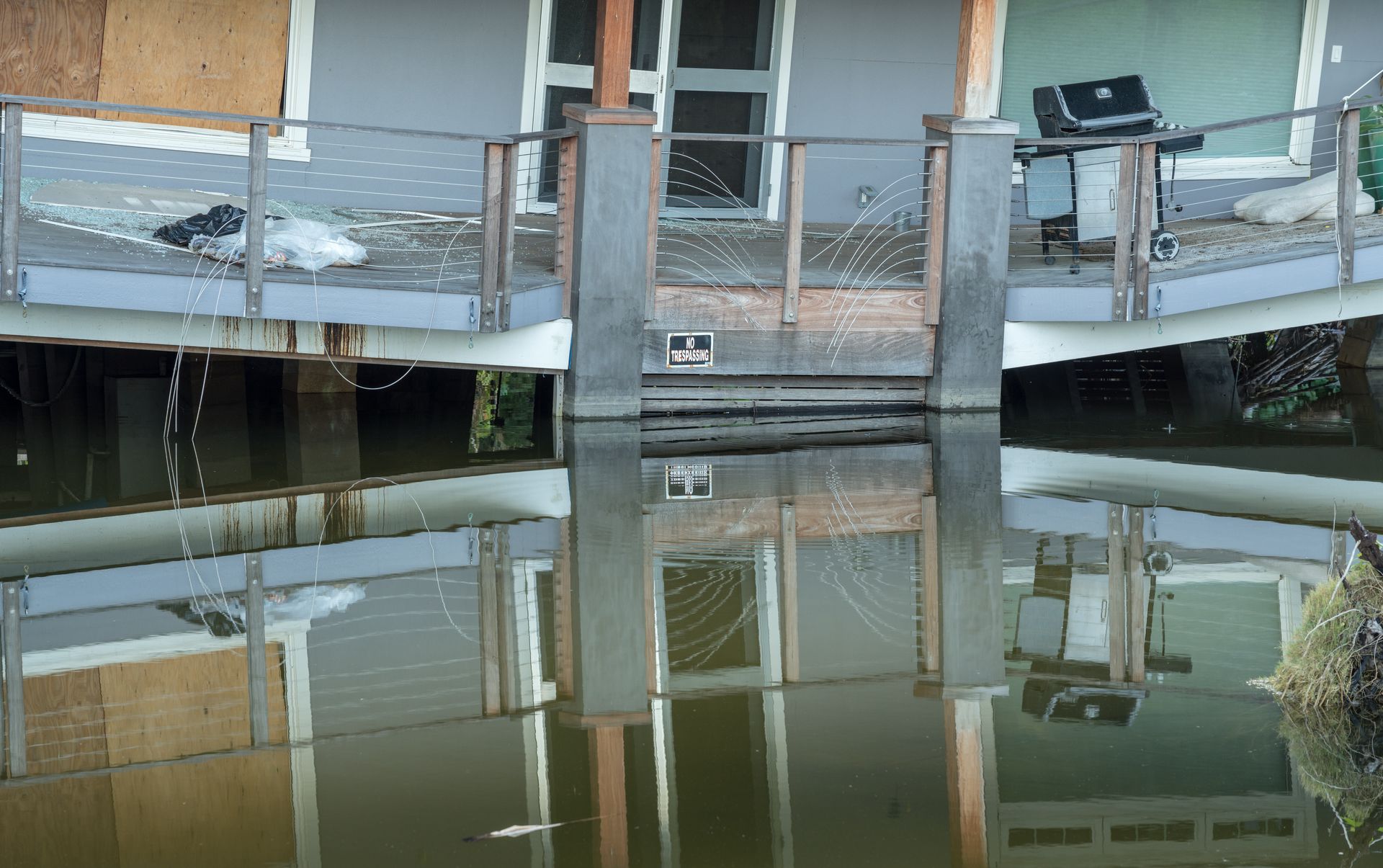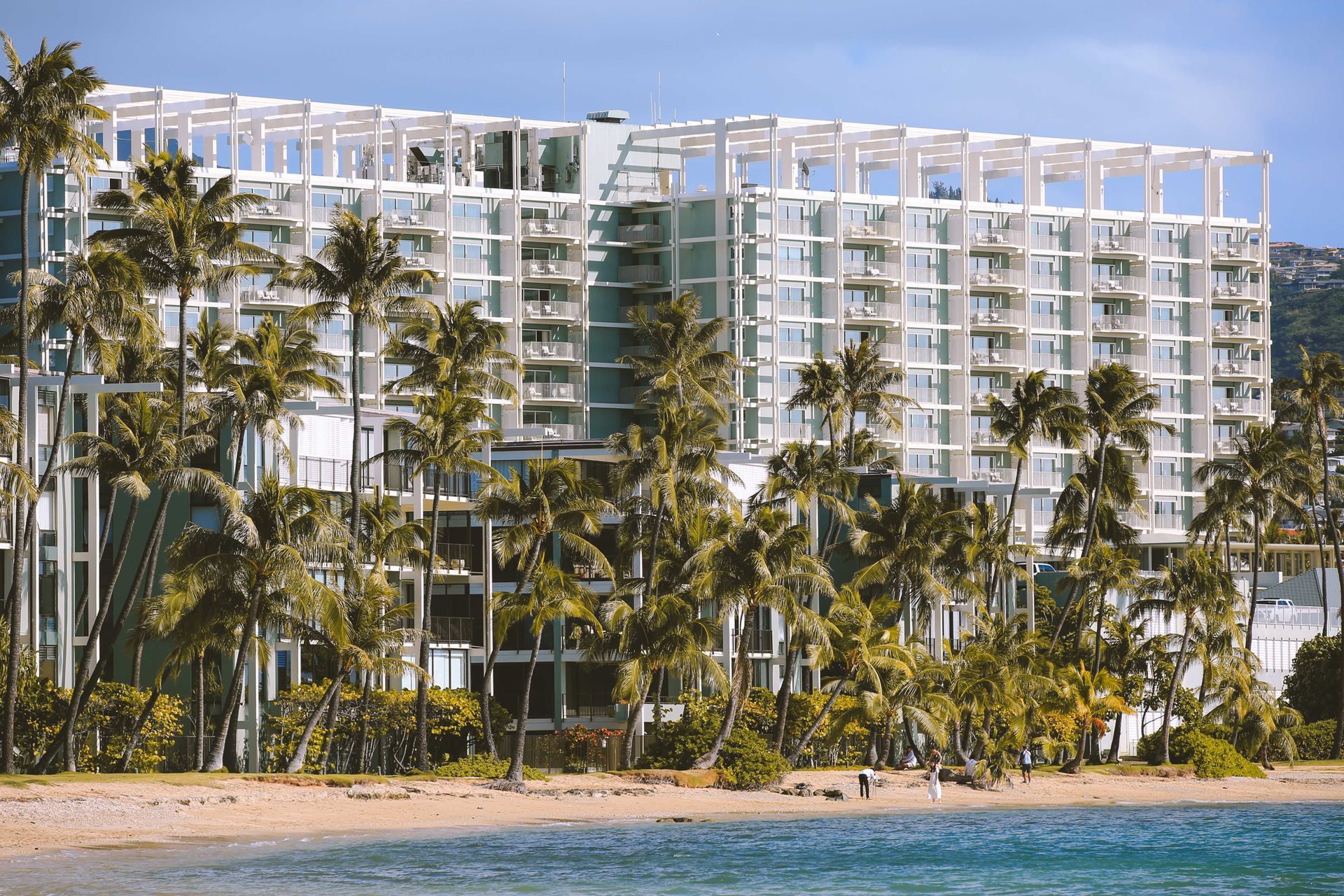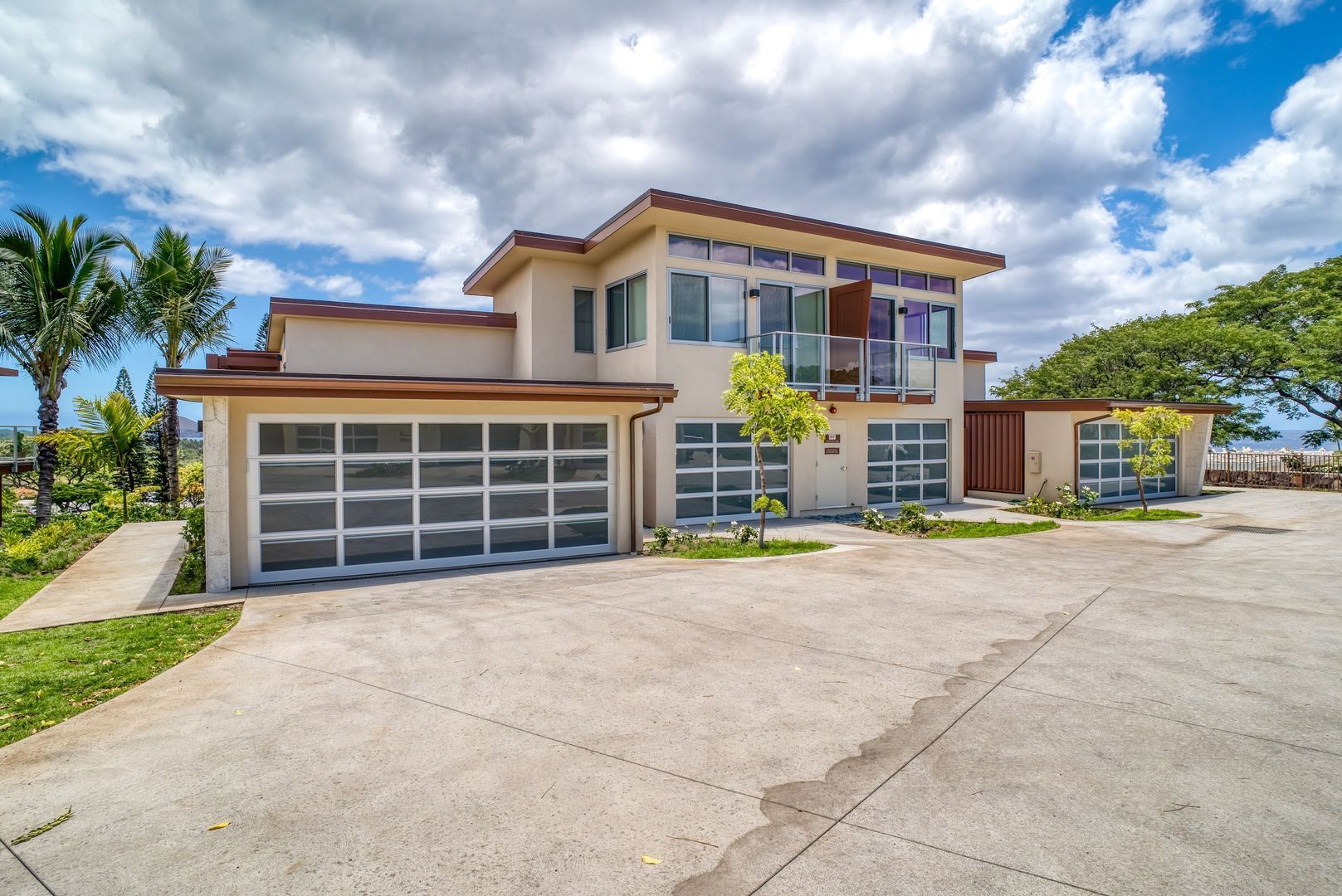Why Hawaii Renters Insurance Is a Must for Tenants | Coldwell Banker Property Management
When you live in paradise, the last thing you want to worry about is recovering from a major loss. That’s why Hawaii renters insurance is essential. It bridges the gap between your landlord’s building insurance and your own protection—covering personal property, tenant liability in Hawaii, and even additional living expenses insurance if your unit becomes uninhabitable. By understanding what renters insurance covers—from fire and smoke damage to temporary housing costs—and when it’s recommended—such as before hurricane season or in older buildings prone to leaks—you can protect your belongings, your finances, and even your neighbors if damage you cause impacts them. Key takeaways include the importance of personal property protection, liability coverage, “loss of use” benefits when your unit is uninhabitable, and specialized add‑on policies for flood or earthquake perils in Hawaii.
At
Coldwell Banker Property Management, we encourage every tenant to carry renters insurance to protect their belongings, finances, and peace of mind.
What Is Hawaii Renters Insurance?
Hawaii renters insurance is a type of policy designed for tenants—not landlords. While landlords insure the structure, renters are responsible for protecting their personal items and financial liabilities. A standard policy includes three core areas of renters insurance coverage: personal property, liability protection, and additional living expenses insurance.

Why Renters Insurance Is Essential in Hawaii
- Natural Disaster Exposure: Hawaii faces hurricanes, volcanic ash, and heavy rains. Standard policies cover perils like wind and fire but usually exclude floods and earthquakes—for which separate coverage is required.
- High Cost of Temporary Housing: If a covered event renders your unit uninhabitable, Additional Living Expense (ALE) coverage helps pay for hotel stays, meals, and relocation costs (Hawaii DCCA).
- Landlord Requirements: Many leases include a renters insurance mandate to protect both tenant and landlord from liability gaps.
What Renters Insurance Typically Covers
Here’s what a typical Hawaii renters insurance policy includes:
1. Personal Property Protection
Covers loss or damage to your belongings—furniture, electronics, clothing—due to theft, fire, smoke, or water leaks.
2. Liability Coverage
This protects you if you’re found responsible for injuring someone or damaging their property. This is especially important for covering tenant liability in Hawaii, where legal costs can quickly escalate.
3. Additional Living Expenses (ALE)
Pays for hotel stays, meals, and transport when your home is temporarily uninhabitable due to a covered peril (Hawaii DCCA).
4. Theft and Burglary
Reimburses you for stolen items—up to your coverage limit—minus your deductible, helping replace valuables taken during a break‑in.
5. Food Spoilage
May cover
refrigerator failure or power‑outage food loss if caused by a covered peril (e.g., lightning strike), though policies vary.
When to Get Renters Insurance
- Before Move‑In: The best time to purchase Hawaii renters insurance is before you move into a rental home. Secure a policy before your lease starts to ensure continuous coverage.
- 60 Days Before Hurricane Season: Plan ahead for high wind and flood risks in Hawaii (June–November).
- Prior to Lease Renewal: Reevaluate coverage limits if you’ve acquired new valuables. Regular property checkups help reveal damage risks—read more about the s.
- After Major Life Events: Marriage, expensive electronics purchases, or pet ownership can increase your liability exposure.
- Compare Policies and Prices: The average
renters insurance cost in Hawaii is around $20/month. Compare providers to find a policy that fits your budget and lifestyle.
Disaster Assistance & Tenant Responsibilities
Tenants with renters insurance should also know that, in a federally declared disaster,
FEMA Disaster Assistance may offer supplemental aid—but only after you’ve filed with your insurer first. Moreover, if you inadvertently cause damage (e.g., an unattended candle starts a fire), liability coverage protects you against claims from neighbors or fellow tenants.
How to Choose the Right Policy
An experienced local agent can walk you through your renters insurance coverage options and help you find the right protection.
- Inventory Your Belongings: Create a home inventory to determine coverage limits.
- Understand Exclusions: Standard policies often exclude floods and earthquakes; consider separate riders or policies.
- Compare Quotes: Shop multiple insurers—Hawaii premiums average around $23/month, but can be as low as $16 with certain carriers.
- Assess Deductibles vs. Premiums: Higher deductibles lower monthly costs but increase out‑of‑pocket expenses after a claim.
- Consult Your Agent: An insurance professional can tailor liability and property coverage to your needs.
Partner with Coldwell Banker Property Management
While
Coldwell Banker Property Management is responsible for maintaining the structure of your rental unit, tenants are responsible for their personal belongings and liabilities. That’s why we strongly recommend securing
Hawaii renters insurance to protect yourself from unexpected losses and ensure you’re fully covered during your tenancy. Learn more about our
property management services to understand what’s covered on our end.







